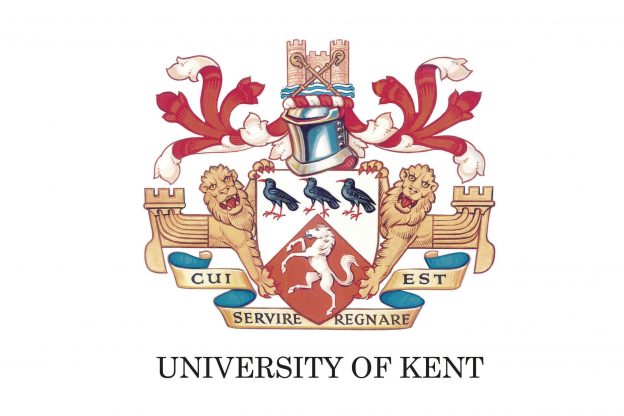The Council is the governing body of the University. Chaired by Dame Ursula Brennan DBC, its remit is decreed by the University Charter. The Council holds at least five meetings per year and its 22 members include 12 lay members, as well as staff and student representatives. Its principal committees include the Finance and Resources Committee, Audit Committee, Ethics Committee, Lay Nominations Committee and the Remuneration Committee.
The Council is keen to engage more fully with with University staff and, as a first step, has introduced a ‘Chair’s Update’ as an informal record of the most recent Council meeting held on 27 November 2020:
The autumn meetings are always busy because this is when Council reviews and confirms its terms of reference and Committee structure and, usually, signs off the annual report and accounts. This year, the Office for Students has extended the deadline for submitting accounts because of the disruptions of Covid-19 and the plan is to sign off our accounts in the New Year. With such a long agenda, this note picks up on just a few of the topics discussed at the meeting.
Covid-19
On Covid-19, Council had an update on the numbers of cases and heard about the implementation of arrangements for asymptomatic testing to support the Government’s plans for the early return home of students for the end of term. The Government left it to universities to organise this testing and Council were impressed by the work which had been done by staff at Kent to get the project up and running from scratch at such speed.
Student recruitment
A key issue for University performance is student recruitment and Council regularly gets an update on student numbers. This time, Council was able to note the good outcome for 2019/20 and had an update on the actions being taken to improve on the less positive early indications for 2020/21. Members heard about some innovative digital marketing efforts to follow up expressions of interest, and about work with Divisions to understand why some subject areas had low applications. Council will keep a close eye on this subject over the coming months.
Degree outcomes
Governing bodies have been asked to increase their focus on academic assurance and this month Council reviewed the information on degree outcomes for last year. While it was good to see that standards had been maintained, action is needed to address the attainment gap for BAME students and those from socially deprived areas. Council wanted to understand more about what drives these differences in outcome, and about what the University is doing, through the Student Success Project to help close the gap. Council will return to the topic later in the year.
The statement on degree outcomes was one of the first products of the new-look Senate; another was the simplification of procedures for student appeals and complaints. The Office of the Independent Adjudicator had recommended that we simplify our process and the new regime will have only two stages, with more emphasis on early informal dialogue with the complainant. The outcome should be swifter for both staff and students.
Financial challenges
Council had updates on wide range of other topics including Brexit, the Prevent strategy, the work of the Ethics Committee, the Audit Committee and the Safety, Health and Environment Executive Committee, but the main business of the day was the University’s finances. The budgets set at the start of 2019/20 had been thrown off course by the pandemic, but the draft accounts showed that the success of efforts, such as increased student recruitment, and a rigorous approach to cost reduction through the Financial Improvement Plan had mitigated much of the lost income. Council were grateful for the hard work which had gone into delivering these results and recognised the increased pressures on staff.
Looking ahead, Council discussed the financial challenges that the University has faced in the current year, with the continuing impact of Covid-19, Brexit, the unknown impact of changes to A level teaching and the increasingly competitive market in higher education. Members were impressed by the professionalism and skill which had gone into analysing all the potential risks ahead and in identifying mitigation and contingency plans to address any reduction in income.
Dame Ursula Brennan DBC
Chair of Council
